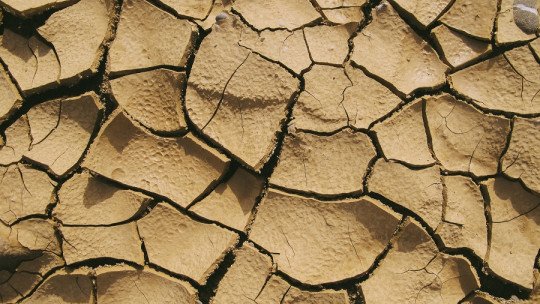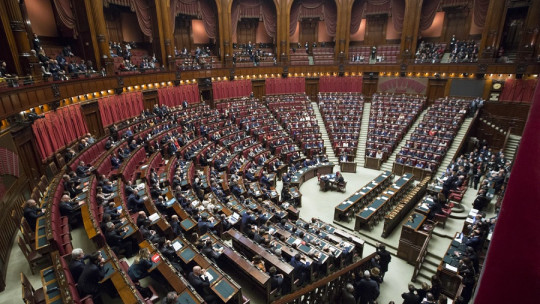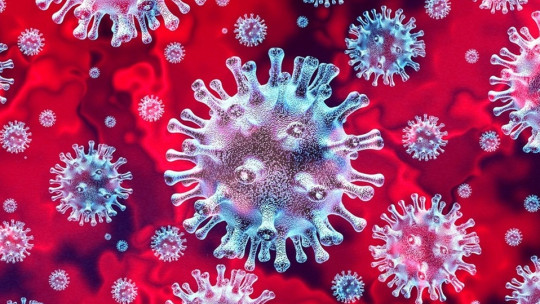In the media, the discourses we receive about climate change are divided. On the one hand, there are those who, despite being a phenomenon widely studied by the scientific community and exposed by international organizations, promulgate messages that omit the direct effects of climate change on our daily lives. Instead, these discourses end up maintaining a certain distance from the effects of climate change, presenting it as a problem whose immediate effects can be reduced to the melting of the poles or a slight increase in temperature, but which will have serious consequences in the future. However, this “postponed” vision of climate change ends up denying its effects today, and therefore, also the ability to act collectively against this phenomenon.
Fortunately, there are more and more platforms through which experts on the subject communicate their knowledge to the community in order to transmit a different discourse. People have the possibility of acting to reverse climate change, but to do so it is necessary to recognize that change is already happening. Its effects, although perceived as subtle, cannot be ignored. In relation to the consequences of climate change, something that does not tend to be considered is that this phenomenon not only has effects on our planet, but also on the human mind In this article we will develop what climate change refers to and detail what its psychological effects are.
What is climate change?
Talking about “climate change” can be confusing, since the term refers to any alteration in the planet’s temperatures and climate patterns that are sustained in the long term. Therefore, it is about a definition applicable to naturally occurring changes, such as alterations in volcanic or solar activity However, the term “climate change”, as a current phenomenon, refers to a series of changes produced by human action. These began to take shape at the beginning of the 19th century, a date that coincides with the full height of the Industrial Revolution.
From this period onwards, there was a progressive increase in the burning of fossil fuels such as coal or oil, which generated greenhouse gas emissions. These retain energy in the atmosphere and raise the temperature of the planet, which allows, although in a reduced way, to explain the fact that most of the climatic alterations on our planet are due to human actions over other reasons. Some researchers even maintain that more than 90% of the causes of climate change are attributable to humans.
The effects of climate change on the planet
Within 75 years, the rise in the average temperature of the planet will be from 1.0°C to 3.5°C Some of the effects that the scientific community foresees for the future are increased energy demand for cooling, increased demand for water, decreased air quality, increased risk of mortality due to heat, increased of areas affected by drought, among others.
However, as we mentioned above, many effects are tangible today. According to the United Nations, it has been recorded that since the 1980s each decade has been hotter than the previous one. There has also been an increase in ocean level and temperature. On the other hand, droughts are increasingly common in regions that are already dry. Climate change has also caused flooding, since, as temperatures rise due to the increase in the concentration of greenhouse gases, humidity also increases, causing increasingly intense and extreme rainfall.
The psychological effects of climate change
Currently, Climate change impacts our quality of life, not only in a biological-organic sense , but also from a human subjective dimension. According to research carried out by the University of Magallanes, in Chile, one of the dimensions that contribute to greater psychological well-being, feeling in control of the situations that occur around us, was negatively affected by the perception of the effects of climate change in the area. The same study indicates that a high percentage of participants maintained that the aspects of their lives most affected by the perceived consequences of climate change were mood and general physical health.
An interesting conclusion reached in this study is that it is the subjective experience that signifies the effects of climate change. This implies that the fact that we perceive these phenomena depends, to a certain extent, on the degree of awareness we have about climate change.
Taking this into account, it is logical that people who are less informed about the subject do not perceive the psychological effects that climate change can have on their lives (of course, which does not mean that it is having an impact on them anyway). It is necessary to be aware of the effects of climate change in order to act quickly First, carrying out individual changes that are within one’s own possibilities, no matter how small, such as replacing plastics, in order to then encourage action on a collective level. Otherwise, the psychological effects of climate change could be perpetuated in our lives. Let’s look at some phenomena that emerge as a result of it.
The ecological duel
A study carried out by the University of Iowa found that there is a relationship between the acceleration of climate change and the increase in risk factors for violent and aggressive behavior. To do this, previous research was examined that maintained that the relationship between climate change and violence could be due to migration due to ecological disasters, which would influence aggression at the group level. It is important to note that the loss of a territory also requires a grieving process. Currently, a concept that is used to designate the process of progressively accepting environmental loss is ecological mourning This psychological phenomenon affects many people, especially those who live in areas where the effects of climate change are more evident.
ecoanxiety
As if this were not enough, in recent times theoretical constructs used by prestigious scientific organizations such as the American Psychological Association have been developed that bring to light the psychiatric effects of this global phenomenon Such is the case of ecoanxiety, which refers to the chronic fear of an environmental disaster. Fear is an expected response if we take into account that the ecological changes that are occurring pose a threat to our lives. In fact, experiencing fear may be adaptive to act on it. However, if left untreated, the fear could become chronic. Therefore, despite not being a psychopathology present in diagnostic manuals, ecological anxiety and other related concepts support the objective of putting on the table of the scientific field the importance of studying the psychological consequences of climate change.









